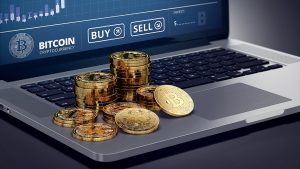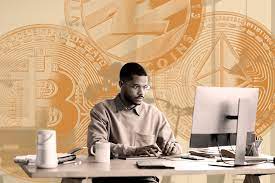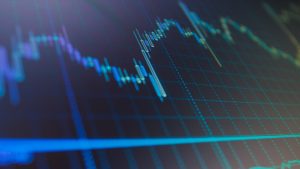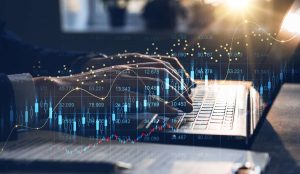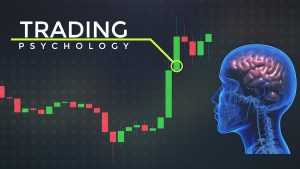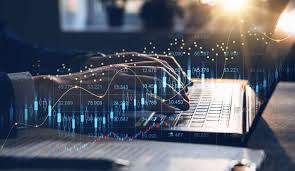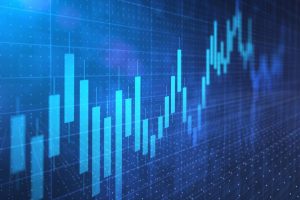The Psychology of Currency Trading – Mastering the Mindset
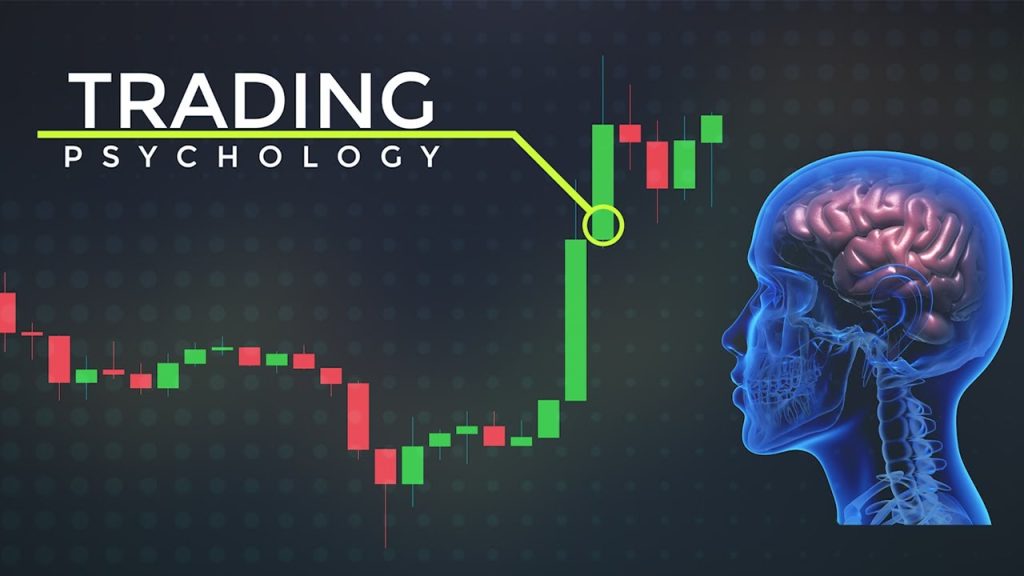
Getting your mind right as a Forex trader is the most essential element of becoming a successful FX trader. Emotions such as fear, greed and euphoria can have a huge effect on both trading decisions and performance.
Behavioural finance, which studies how cognitive biases or emotional reactions might affect financial decision making or markets, takes issue with the assumption that markets are efficient and focuses on why they fail to be so, although it also acknowledges that people use certain biases or heuristics to make financial decisions.
Contents
Greed
One of the most damaging of these emotions is greed, which is the root cause of wide market fluctuations and often gives way to irrational decision-making when it is not managed properly. This will inevitably result in losses taken. Greed needs to be well controlled if not eradicated to achieve success in trading; to that extent, it is essential to have an investment plan in place and to stick to it no matter what the market is doing.
Aside from investment-grade research sources, lighten up on the pundits, avoid excessive and emotional trading and trading out of anger or frustration – especially revenge trades that often generate more losses than the initial loss. The related vice of greed is, if anything, the primary cause of speculative bubbles: that dramatic escalation of prices beyond recognisable valuations that suddenly reverses course when the bubble bursts and assets deflate – one more compelling reason not to chase hot assets: ‘pigs get slaughtered’.
Fear
A viable way to make greed cough up cash in exchange for your trade, Forex trading is going to require attention to detail – your trading strategy, among other factors. You’ll have a better chance at success if you equally attend to your emotions – both fear and greed. Some nervousness and anxiety around trades can result in better trading decisions. Here are some tips that will help you develop a good trading psychology, and help you avoid bad trades by acting without thought.
The most devastating emotion for a trader is FOMO or Fear Of Missing Out, which might lead to irrational decisions in chaotic forex markets under the environmental influence of envy and impatience. Another common example of psychological influence inducing biases is confirmation bias; it may drive FOMO feelings. Behavioural finance is a branch of financial economics that identifies and explains such psychological effects and biases that influence decisions in investment markets. For instance, disposition or endowment effects respectively influence investment decision-making behaviours.
Illusion of control
A trader needs to train themselves in both emotion management and in trading psychology in order to cope with the daily volatility of the marketplace successfully. In the pressure-cooker situation of the forex market, fear, greed and anxiety can trigger behavioural responses outside the trader’s own value system – but these adverse emotional responses can be minimised if an individual has specified rules of trading and trading strategies that address the risk-management issues.
Among them, the most frequent ‘mental error’ that affects traders is a phenomena called illusion of control bias, which describes the tendency of some people to exaggerate their ability to influence outcomes in probabilistic and random environments; this assumption of control then drifts into other risky or speculative behaviours by investors, such as overtrading and stock picking.
Herd behaviour can also undermine traders’ sense of agency, pushing them into an unnecessary decision-making cycle that can be self-damaging and result in overtrading and joining a herd. Traders can gain control by becoming aware of their own and other traders’ emotional states, and by holding each other accountable.
Hindsight bias
Hindsight bias is your tendency to regard past events as far more predictable than they actually were: by mentally linking causality between an outcome and a preceding issue, your confidence diverts to the wrong pre-event – thus destroying your decision-making and negatively influencing your self-confidence (can a pessimist suffer from overconfidence?). If you’re susceptible to hindsight bias, then there’s a chance that your confidence could seep into your trading, and your overconfidence could lead to excessive risk-taking. That’s not a situation you want to find yourself in. Do you know about any other cognitive shortcuts? Are there any you can think of that might pose an issue for a trader? If so, you should know of them and attempt to mitigate or curb them when trading. Confirmation bias – where you seek information that – can be related to hindsight bias.
A good way to mitigate the impact of hindsight bias is to avoid making comparisons with other traders’ performance. Another way is to practice your trading plan on a risk-free basis (such as our demo for IG) and get experience and confidence until you are ready to come into the live markets. Lastly, by keeping your mind open and learning from others’ experiences you will mitigate hindsight bias along with cognitive errors (such as illusion of control bias, eg, confirmation bias) or extrinsic motivation biases (such as being overly optimistic) that can all contribute, sometimes in combination, to the poor choices and outcomes.



